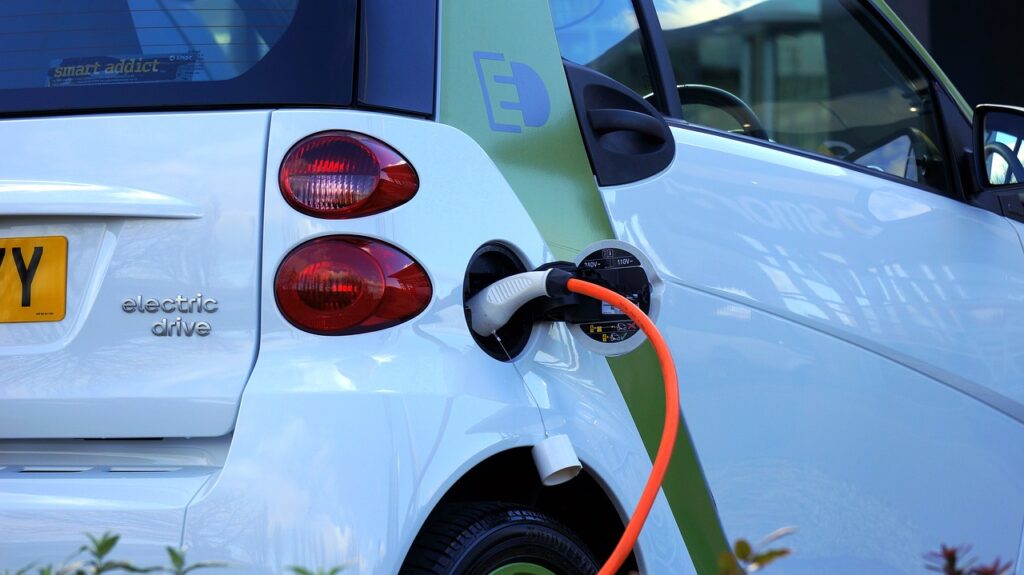In the evolving landscape of the automotive industry, a significant shift is taking place as car manufacturers and consumers alike focus on sustainability and efficiency. At the forefront of this revolution are electric vehicles (EVs) and hybrid vehicles, each presenting distinct advantages and challenges. As governments worldwide tighten emission regulations and incentivize cleaner alternatives, a pressing question arises: Which is the future of automobiles—electric or hybrid? This article explores the key differences, advantages, and potential of both technologies to determine the path forward.
Understanding the Basics: Electric vs. Hybrid
Electric Vehicles (EVs) are powered solely by electricity stored in batteries. They produce zero tailpipe emissions and offer a quiet, smooth driving experience. Popular models like the Tesla Model 3 and Nissan Leaf have proven that EVs can be both practical and thrilling.
Hybrid Vehicles, on the other hand, combine an internal combustion engine (ICE) with an electric motor. There are two main types:
- Conventional Hybrids (HEVs): These cannot be plugged in to charge. Instead, they recharge the battery through regenerative braking and the ICE. Examples include the Toyota Prius and Honda Insight.
- Plug-in Hybrids (PHEVs): These can be charged via an external power source and offer a limited electric-only range before switching to the ICE.
Advantages of Electric Vehicles
- Zero Emissions:
- EVs produce no tailpipe emissions, making them an eco-friendly choice for reducing air pollution and combating climate change.
- Lower Running Costs:
- Electricity is generally cheaper than gasoline, and EVs require less maintenance due to fewer moving parts.
- Government Incentives:
- Many countries offer tax benefits, subsidies, and reduced registration fees for EV owners.
- Performance:
- Electric motors deliver instant torque, providing rapid acceleration and a responsive driving experience.
Challenges Facing EVs
- Charging Infrastructure:
- Although growing, charging networks are not as widespread or convenient as gasoline stations, especially in rural areas.
- Battery Costs and Range Anxiety:
- High battery costs impact vehicle prices, and limited range can deter potential buyers.
- Environmental Impact of Battery Production:
- Mining lithium and cobalt for batteries has environmental and ethical concerns.
Advantages of Hybrid Vehicles
- Extended Range:
- Hybrids offer the flexibility of using gasoline for longer trips while reducing emissions during city driving.
- Bridging Technology:
- As a middle ground, hybrids help consumers transition from ICE vehicles to full EVs without range anxiety.
- Lower Emissions Compared to Traditional ICE:
- While not zero-emission, hybrids significantly reduce CO2 output compared to conventional cars.
Challenges Facing Hybrids
- Emissions Are Not Zero:
- Hybrids still rely on fossil fuels, making them less eco-friendly than pure EVs.
- Complexity and Maintenance:
- Dual powertrains mean more components that could require maintenance.
- Incentives and Regulatory Pressure:
- Governments are increasingly phasing out support for hybrids in favor of fully electric vehicles.
Market Trends and Future Outlook
- Global Policies:
Several countries, including the UK and Norway, have announced plans to ban new sales of gasoline and diesel cars by 2030–2035, with a focus on EV adoption. - Automaker Commitments:
Major manufacturers like Ford, GM, and Volkswagen are investing heavily in EV development, signaling a clear shift in the industry. - Battery Technology Advancements:
Innovations such as solid-state batteries promise to address current challenges related to range, cost, and charging speed.
The Verdict: Electric vs. Hybrid
While hybrids offer a practical solution today, the momentum is undoubtedly in favor of electric vehicles. With falling battery costs, expanding charging networks, and stronger regulatory support, EVs appear to be the future of automobiles. The transition may not be immediate, but the trajectory suggests a fully electric future is not just a possibility but an inevitability.
In the end, the choice between electric and hybrid may come down to individual needs and how quickly infrastructure can adapt. However, for those looking to invest in a cleaner, more sustainable future, electric vehicles seem to be the smarter long-term choice.
Conclusion: Accelerating Towards an Electric Future
The battle between electric and hybrid vehicles highlights the broader shift towards greener mobility solutions. As technology advances and infrastructure catches up, electric vehicles are set to lead the charge. The journey towards a sustainable future may involve both EVs and hybrids for the time being, but the endgame increasingly points to a world where electric reigns supreme.


